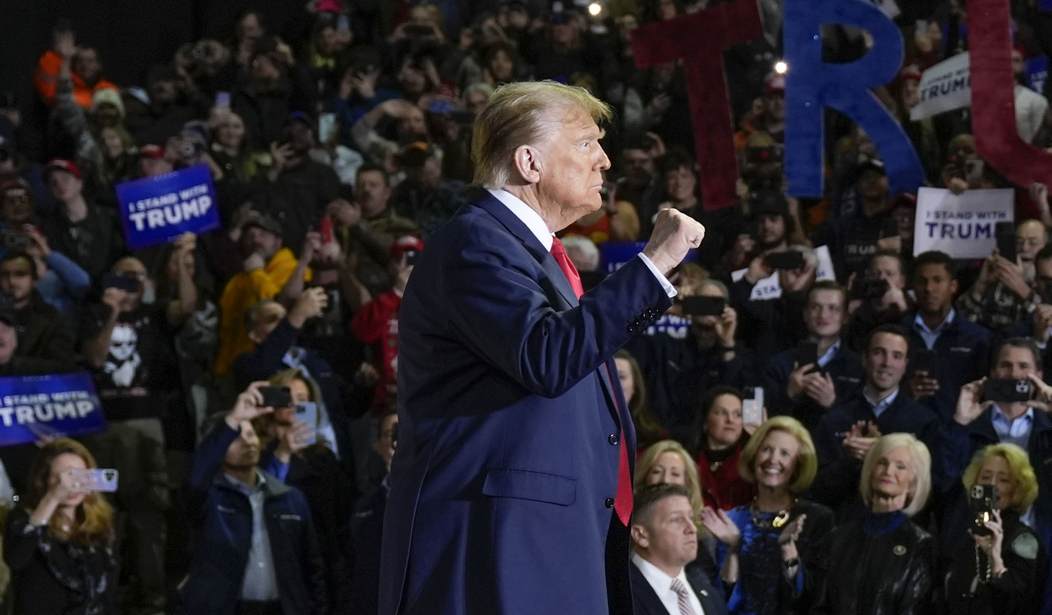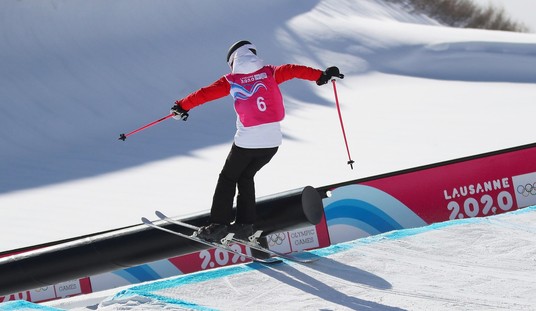In a unanimous decision on Tuesday, a federal appeals court declared that former President Donald Trump does not have presidential immunity and can face criminal charges for challenging the results of the 2020 election because of reports of widespread fraud.
“For the purpose of this criminal case, former President Trump has become citizen Trump, with all of the defenses of any other criminal defendant. But any executive immunity that may have protected him while he served as President no longer protects him against this prosecution,” the court wrote.
“It would be a striking paradox if the President, who alone is vested with the constitutional duty to ‘take Care that the Laws be faithfully executed,’ were the sole officer capable of defying those laws with impunity,” the ruling continued.
The three-judge panel included two Biden appointees, J. Michelle Childs and Florence Pan, and one appointee of President George H.W. Bush, Karen LeCraft Henderson.
Trump's legal team asserted that a criminal indictment against him would have a "chilling effect" on future presidents because it would open them up to being indicted for "official acts" after leaving office. The judges were not convinced by this argument.
“Moreover, past Presidents have understood themselves to be subject to impeachment and criminal liability, at least under certain circumstances, so the possibility of chilling executive action is already in effect," they wrote. "We cannot accept that the office of the Presidency places its former occupants above the law for all time thereafter. Careful evaluation of these concerns leads us to conclude that there is no functional justification for immunizing former Presidents from federal prosecution in general or for immunizing former President Trump from the specific charges in the Indictment."
From CNN:
Trump faces four counts from Smith’s election subversion charges, including conspiring to defraud the United States and to obstruct an official proceeding. The former president has pleaded not guilty.
Trump has argued that he was working to “ensure election integrity” as part of his official capacity as president, and therefore he is immune from criminal prosecution for trying to overturn the election results. His lawyers have also asserted that because Trump was acquitted by the Senate during impeachment proceedings, he is protected by double jeopardy and cannot be charged by the Justice Department for the same conduct.
The district judge overseeing Trump’s criminal case in DC rejected Trump’s immunity arguments in December, writing that being president does not “confer a lifelong ‘get-out-of-jail-free’ pass.” Trump quickly appealed that decision to the DC Circuit, which agreed to expedite its review of the matter.
Trump is expected to appeal to the Supreme Court. His campaign blasted the decision.
“If immunity is not granted to a President, every future President who leaves office will be immediately indicted by the opposing party,” Trump campaign spokesman Steven Cheung said in a statement received by PJ Media. “Without complete immunity, a President of the United States would not be able to properly function! Deranged Jack Smith’s prosecution of President Trump for his Presidential, official acts is unconstitutional under the doctrine of Presidential Immunity and the Separation of Powers. Prosecuting a President for official acts violates the Constitution and threatens the bedrock of our Republic. President Trump respectfully disagrees with the DC Circuit’s decision and will appeal it in order to safeguard the Presidency and the Constitution.”










Join the conversation as a VIP Member